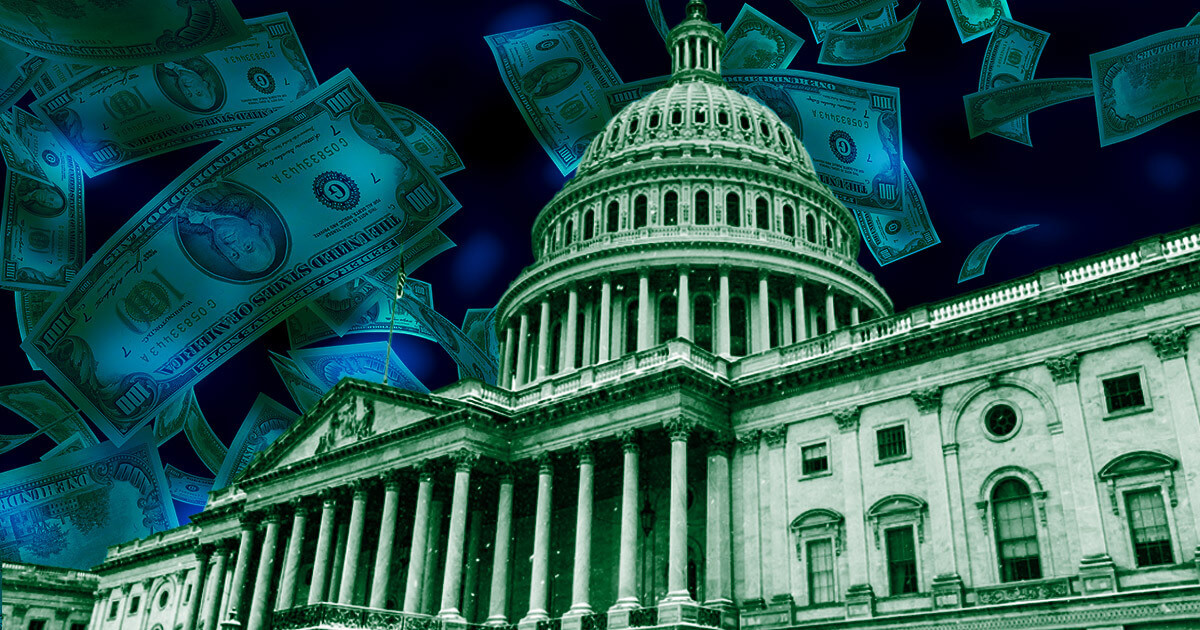In a closely watched Senate hearing held on Mar 28, regarding the collapse of crypto-friendly banks Silicon Valley Bank (SVB) and Signature Bank, William Barr, a top official at the US Federal Reserve, acknowledged the potential benefits of testing for higher rates and expressed his plans to broaden the scope of future tests.
During the Senate panel hearing, the high-ranking U.S. regulator defended bank watchdogs from lawmakers who blamed them for not detecting the warning signs leading to the collapse of SVB.
“A textbook case of mismanagement”
Speaking to the hearing, Barr stated that the bank had done a “terrible” job in managing risk before its downfall and that its shutter was a “textbook case of mismanagement.”
“It was a rapid failure,” added Martin Gruenberg, Chairman of the Federal Deposit Insurance Corporation, known as the FDIC, when pressed by the myriad of Senators as to the reasons why neither had caught or warned about the collapse.
Senator Warnock from Georgia repeated the allegation that several top executives from within the bank cashed out of stocks worth millions of dollars just weeks prior to SVB’s collapse and that widespread oversight failure was actually baked into the system.
Others pressed the officials on the lack of oversight either on the part of the FDIC or the Fed itself, with Senators assessing the health of each bank prior to its collapse, but also more broadly that of the institutions meant to supervise them–the FDIC and Fed itself.
Dodd-Frank Act a recurring theme
The Dodd-Frank Wall Street Reform and Consumer Protection Act, commonly called Dodd-Frank, was enacted by Congress in 2010. The law was introduced as a response to the 2008 financial crisis to increase transparency and accountability, promote financial stability, and protect consumers from abusive practices
Many senators during the hearing referenced this piece of legislation–and its inability to predict the financial crisis at hand.
“So all this business about well, the amendment to Dodd-Frank kept them from stress testing. The way I see it, you chose not to stress test, and if you had stress test Silicon Valley Bank, you wouldn’t have caught the problem,” Sen. Kennedy added.
Senator Lummis from Wisconsin added to this line of questioning, pressing on what specific rule or change they would suggest to better asses better risk, financial stability, safety and soundness.
“Is fractional reserve banking overly risky in this age of online banking?” Lummis asked.
“Banks are safe and sound. Depositors should feel assured that their deposits are safe,” Barr replied.
While the true extent of what caused the collapse of SVB will not be released until a scheduled May 1 report, Barr concluded that he believes it was to have been caused by various factors, including inadequate risk management practices and excessive exposure to high-risk loans, notably those belonging to treasury bonds.
Defusing responsibility from the Fed, Barr said: “the risks were there, the regulators were pointing them out, and the bank didn’t take action,” he said.
Democratic lawmaker Senator Elizabeth Warren said during the hearing that the deregulation of certain banks under the Dodd-Frank Act contributed to the bank’s failure, promising to do more to not only regulate banks in the future but also hold executives at SVB and Signature responsible.
“Executives at SVB and Signature took wild risks and must be held accountable for exploding their banks. And I’ll soon introduce a bipartisan bill to do exactly that.”
Credit: Source link





























